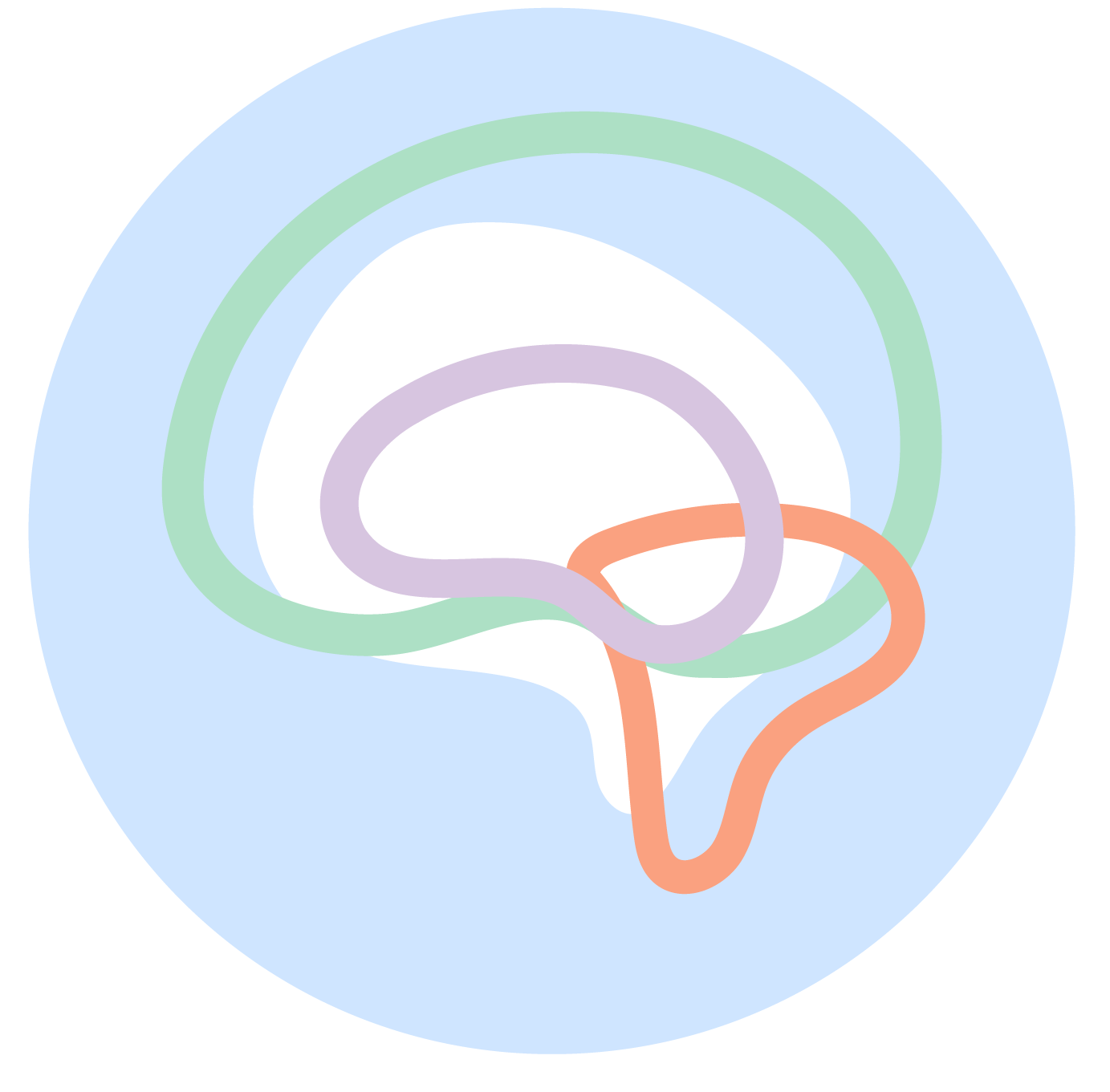Resilience: The Key to Stronger Mental Health in Children and Teens
Research over the past few years has highlighted the profound impact of resilience on mental health and overall well-being. It is an essential characteristic that forms the foundation of how we see, understand, and engage in the world around us, and it teaches us how to navigate the ebb and flow of life with confidence, adaptability, and strength.
A Pillar of Mental Health
The American Psychological Association defines resilience as the process and outcome of successfully adapting to difficult or challenging life experiences, especially through mental, emotional, and behavioral flexibility and adjustment to external and internal demands (APA, 2022). In other words, it’s the ability to bounce back from setbacks, challenges, or stress. In some ways, it acts like a shield – protecting us from the negative effects of life’s ups and downs and equipping us with the tools needed to seek solutions and process those experiences in healthy ways. Research over the past years has consistently shown that resilient individuals are more equipped to handle stress, have higher levels of life satisfaction, and exhibit positive mental health outcomes (Sutton, 2019).
The Building Blocks of Resilience
What makes up a resiliency in an individual? In 2006, the American Academy of Pediatrics shared the seven C’s model of resilience. The inspiration for this model stemmed from a previous framework put forward by influential members of the positive youth development movement. This model included “coping” to help individuals recover and “control” to instill a sense of power in making impactful choices.
Supporting youth involves critical C elements that are intertwined, forming a net of resilience. These C's can be reinforced by parents, schools, professionals, youth programs, and communities. For further details on each C, check out the image below.
Fostering Resilience in Youth: The Steps Adults Can Take
Reframe failure as an opportunity: One of the most valuable lessons we can teach is that failure is not an obstacle but a stepping stone to success. Help children turn setbacks into opportunities for growth and highlight valuable lessons learned from each experience. Discuss how mistakes are a natural part of life. Explore what it would look like to bounce back and discuss what might be learned from the experience before setting a plan to try again.
Encourage purpose: A strong sense of purpose can be a powerful source of motivation and resilience. Encourage children to explore their passions and interests - challenge them to look at what sparks joy and excitement and dive into those things! Help them set meaningful goals that align with their values and strengths. A sense of purpose will allow them to find the inner motivation to overcome challenges and remain resilient in the face of adversity.
Encourage healthy risk-taking. Exposing oneself to new situations that are beyond one's comfort zone is essential to developing resilience. Encourage children to take calculated risks and participate in new experiences that stretch their limits. This may involve taking part in an exhausting activity, joining a new organization, or pursuing a passion that they may not have considered. Celebrate their accomplishments and reassure them that mistakes are opportunities for growth and learning. By encouraging healthy risk-taking, you enable their ability to embrace uncertainty and acquire the necessary resilience to overcome future difficulties.
Model resilience. Children learn a lot through observing the behaviors of those around them – especially adults that play a significant role (such as parents, caregivers, educators, etc.). How we demonstrate the practice of using and building skills in resilience can set an example for them to follow or adapt to fit their needs. Share stories of challenges that you have faced and how you overcame them. Discuss what skills helped you to persevere even when it might have felt hard. Model health coping strategies such as problem-solving, stress management, and self-care and discuss the importance of filling your cup in order to do so for others.
-
Resilience. (n.d.-b). https://www.apa.org. https://www.apa.org/topics/resilience
Sutton, J., PhD. (2023). What Is Resilience, and Why Is It Important to Bounce Back? PositivePsychology.com. https://positivepsychology.com/what-is-resilience/


